Edible spontaneous plants, often overlooked, are a treasure trove of natural wonders. These wild edibles thrive in diverse ecosystems, offering both nourishment and a unique culinary experience. Foraging for these species promotes sustainability and a deeper connection with the environment. Whether you’re a seasoned outdoorsman or a curious foodie, discovering the versatility and flavor profiles of these plants can elevate your culinary journey. But before you embark on this adventure, it’s essential to understand the art of identification and responsible harvesting – a skill that can open up a world of culinary possibilities.
Key Points
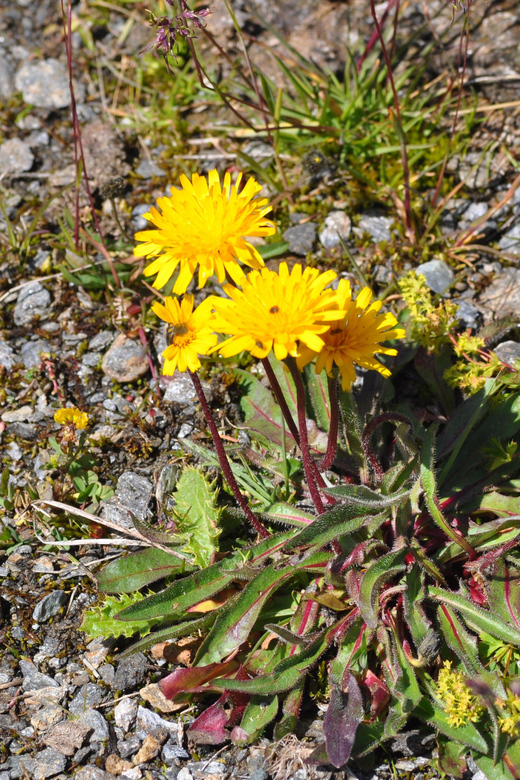
- The guided tour focuses on identifying at least 25 edible plant species native to the Aosta Valley, with an emphasis on distinguishing between edible and poisonous plants.
- Participants have the opportunity to collect edible plants for immediate kitchen use during the experience, under the guidance of a specialist.
- The experience equips participants with the skills to differentiate safe, edible plants from toxic ones, fostering an appreciation for local, sustainable ingredients.
- The specialist-led lessons provide insights into the historical and cultural significance of wild edibles, as well as proper identification and harvesting techniques.
- The excursion includes light hiking, a traditional Aosta Valley lunch, and the provision of high-quality photos as mementos of the foraging experience.
Activity Overview
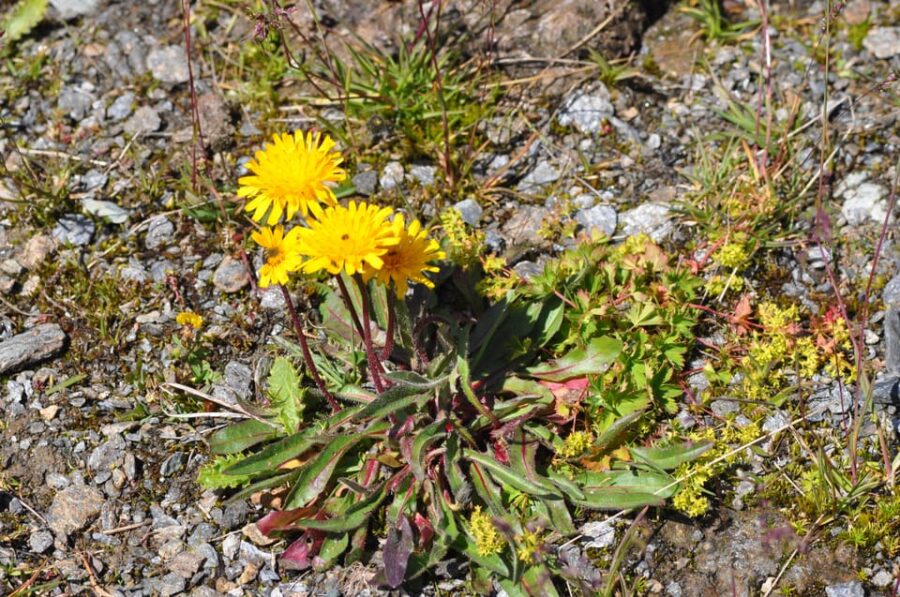
What does the edible spontaneous plants experience entail?
This guided tour allows participants to learn about and identify at least 25 edible plant species. The focus is on distinguishing between edible and poisonous plants, with the opportunity to collect plants for immediate kitchen use.
Priced from €200 for up to 25 participants, the experience includes transport, lessons, and guiding. Cancelation is free up to 24 hours in advance, and reservations can be made with no upfront payment.
The excursion lasts approximately 4 hours and is wheelchair accessible, with light hiking clothing and waterproof shoes required.
You can also read our reviews of more tours and experiences in Ayas.
Experience Details
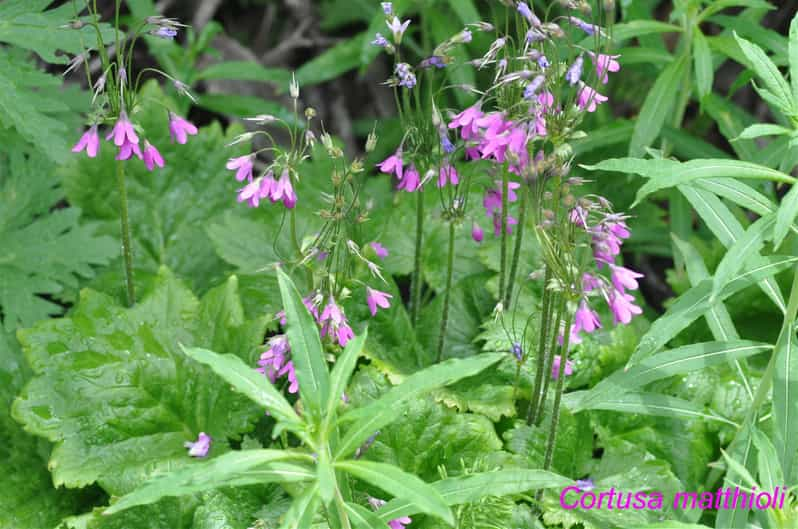
The edible spontaneous plants experience is guided by a specialist who leads participants in learning to identify at least 25 edible plant species.
The focus is on distinguishing between edible and poisonous species, allowing participants to safely collect plants for immediate kitchen use.
Participants will receive beautiful photos of the experience as a memento.
The experience includes:
- Guided lesson on identifying edible plant species.
- Collection of plants for use in the kitchen.
- Participants receive high-quality photos of the experience.
Itinerary and Logistics
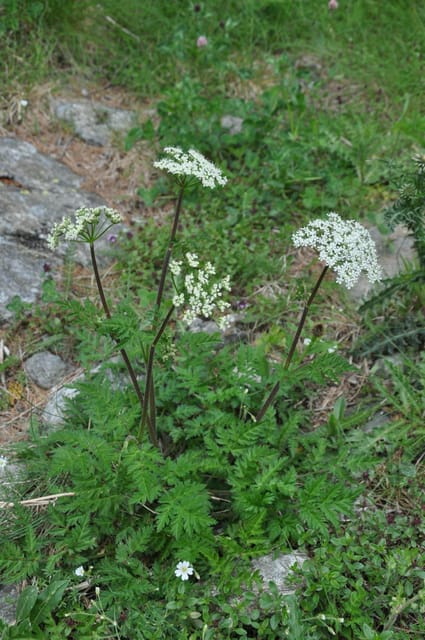
Upon arrival in Aosta, you will make their way to the designated meeting point using their own transportation.
From there, they’ll board a bus that’ll take them to the experience’s location.
The excursion itself lasts approximately 4 hours, during which time you will engage in light hiking while wearing appropriate clothing and footwear.
At the end of the activity, you will enjoy a traditional Aosta Valley lunch at a partner restaurant before returning to Aosta in the evening.
Throughout the experience, the group will be guided by a specialist who’ll ensure a seamless and informative outing.
Costs and Inclusions
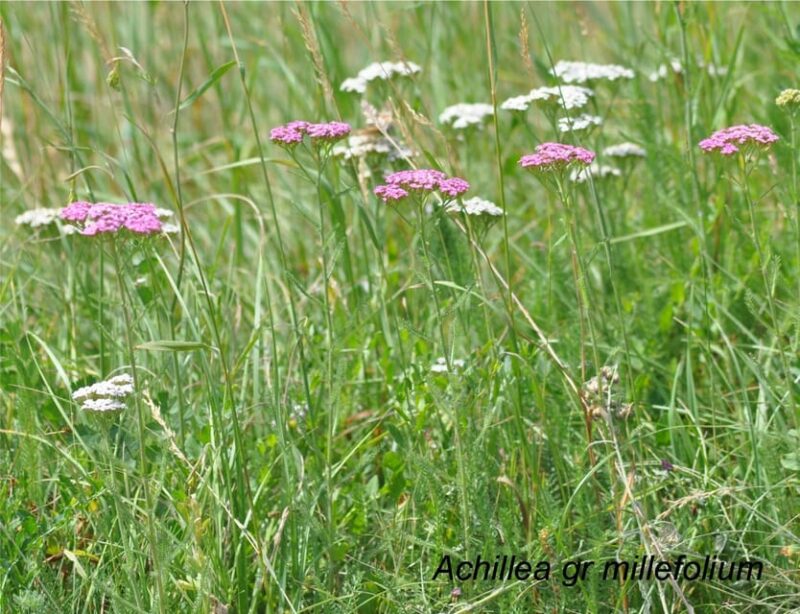
The cost for the teacher leading the edible spontaneous plants experience is up to €180 per day for groups of up to 6 persons, with an additional €20 charged per person for larger groups.
The meal cost is approximately €25 per participant, including drinks.
This experience includes the following:
- Lessons and guiding by a specialist
- Transportation to and from the destination
- A meal featuring typical Aosta Valley dishes
Accessibility and Services
Wheelchair-accessible, the experience caters to a range of participants.
Blinds and animal-friendly accommodations (on a leash) ensure accessibility. Participants can make use of the free toilets during the excursion.
Photography is allowed, enabling guests to capture stunning shots of the edible plants. The lessons aren’t conducted in strong rain, ensuring the safety and comfort of attendees.
Identifying Edible Plants
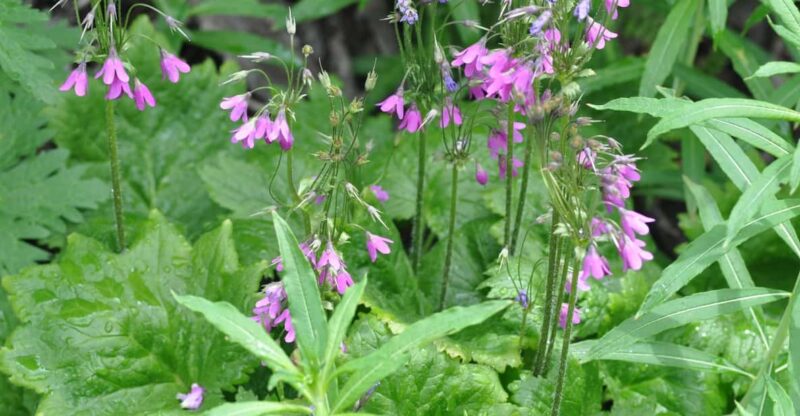
Led by a knowledgeable specialist, the edible plants experience focuses on teaching participants to confidently distinguish between edible and poisonous species.
During the excursion, you will:
- Learn to identify at least 25 different edible plant species native to the Aosta Valley region.
- Develop the skills to differentiate between safe and potentially toxic plants, ensuring a safe and enjoyable foraging experience.
- Collect edible plants that can be immediately incorporated into a delicious meal, allowing for a true farm-to-table encounter.
Participants will receive beautiful photographs of their discoveries, capturing the beauty and diversity of the region’s edible spontaneous plants.
Collecting for Kitchen Use
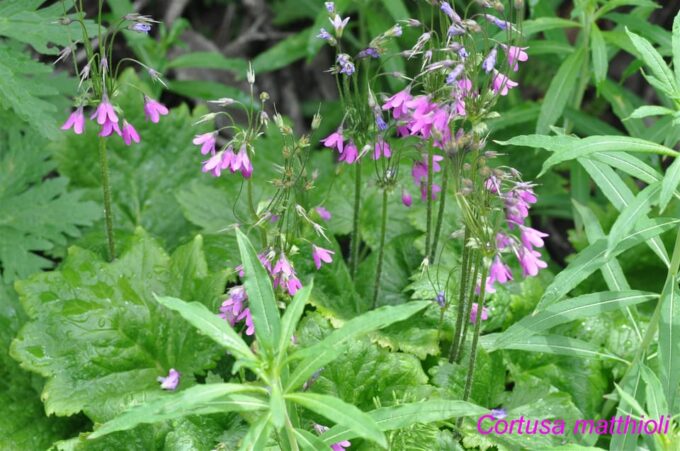
Participants’ foraging efforts yield a bounty of edible plants that can be directly incorporated into a delectable meal. Under the guidance of the specialist, guests collect a variety of greens, herbs, and other plant life suitable for kitchen use.
The focus is on safely identifying edible species and distinguishing them from potentially harmful lookalikes. Participants gather the harvested plants, excited to use them in the featured Aosta Valley dishes served at the partner restaurant.
This hands-on experience empowers attendees to cultivate a deeper appreciation for local, sustainable ingredients and the ability to incorporate them into their own cooking.
Guided by a Specialist
A specialist guide accompanies participants on this immersive foraging experience.
They’ll learn to identify at least 25 edible plant species and focus on distinguishing between edible and poisonous varieties.
The guide provides:
- Extensive knowledge of the local flora and its edible properties.
- Hands-on instruction on how to properly identify and harvest the plants.
- Insights into the historical and cultural significance of these wild edibles.
This expert-led approach ensures participants leave with a deeper understanding and appreciation for the abundance of edible plants in the Aosta Valley region.
Frequently Asked Questions
Can I Bring My Own Foraging Basket?
Yes, participants are welcome to bring their own foraging baskets. The activity’s description indicates that collected plants will be used in the kitchen, so having a basket to carry the foraged items would be convenient.
Is There a Minimum Group Size Requirement?
There’s no minimum group size requirement for the edible plants experience. The activity can be booked for groups of up to 25 participants, with the price starting from €200 per group.
Can I Participate if I Have Dietary Restrictions?
Yes, participants with dietary restrictions can join the activity. The provider accommodates various dietary needs, so guests can fully enjoy the edible plant experience. Just let them know about any restrictions when booking.
Do I Need to Bring My Own Water and Snacks?
Participants don’t need to bring their own water and snacks. The experience includes a light meal at a partner restaurant, featuring typical Aosta Valley dishes, which is covered in the cost. Participants just need to arrive prepared for light hiking.
Are There Any Age Restrictions for Participants?
There are no age restrictions for participants. The experience is suitable for all ages, though children should be accompanied by an adult. Participants are expected to be able to walk and hike on uneven terrain.
Recap
Foraging for edible spontaneous plants offers a unique culinary adventure. It deepens one’s connection to the natural world while providing fresh, seasonal ingredients. Guided by a specialist, participants can safely identify and collect these overlooked, nutritious wild edibles, enhancing their dining experiences. This activity promotes sustainability and an appreciation for nature’s bountiful resources.
You can check if your dates are available here: